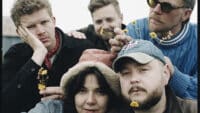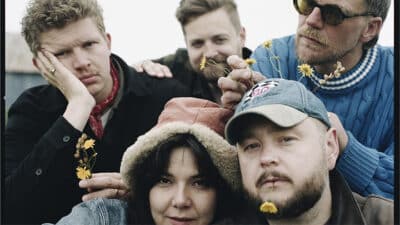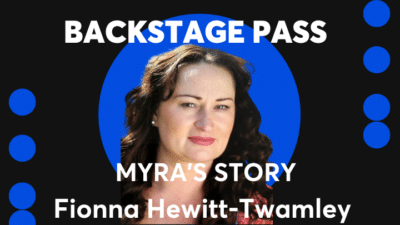Arts
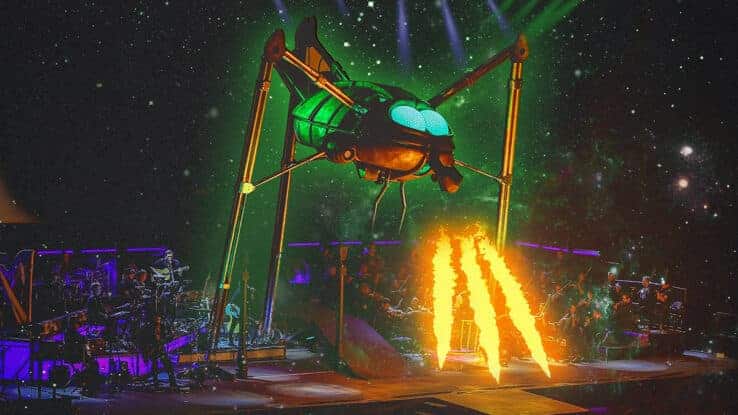
Preview
Jeff Wayne on the story behind ‘The Eve Of The War’
The composer takes us back to the opening track of The War Of the Worlds – and talks literature, legacy and how to woo Richard Burton.
There haven’t been many records quite like Jeff Wayne’s double-album, The War Of The Worlds, a musical version of H.G. Wells’ science fiction novel from 1897. All good stories need a great opening, and ‘The Eve Of The War’ has gone on to become the best-known track from a piece of work that has sold upwards of 15 million copies worldwide, since its 1978 release.
“The very first chapter in the novel is called The Eve Of The War, and it read to me like an overture,” Wayne begins. “You don’t learn a lot, but you know something is about to happen, and by the time the chapter is over, it really leaves you wanting more. That was my starting point, to take H.G.’s chapter under the same name, and to see what I could do. Could I create in musical form something that is anticipatory? It’s an embryonic beginning,” he explains.
Wayne, who is now 80 years of age, is speaking to us from his studio just outside London, with an array of instruments lined up behind him. Many of which even featured on ‘The Eve Of The War’, an eclectic track that takes real influences from disco, but subverts expectations, managing to truly capture the otherworldly sound design of a Martian invasion. For the composer, it was important to not treat this as a standalone track, but as part of a broader narrative.
“I deliberately composed the whole score in the order of the novel,” he continues. “In fact, you can see my piano behind me, that’s how the melody of ‘The Eve Of The War’ started. Not that it ended up sounding anything like a piano, but as a composer – and we’re talking about the mid-1970s, when there was no digital [equipment] like we have now – I would start my composition on the piano, and then I would orchestrate away from the keyboard, as I still do to this day.”
To have your path and tonality designed for you already might seem restrictive for an artist, but Wayne felt the task ahead actually allowed him a great sense of creative input and freedom.
“One of the key reasons my dad and I set out to find a story that I could fall in love with, was to essentially be able to start with a blank page, to bring out whatever was inside my heart and my mind,” he says. “It’s a different experience, but it’s very exciting. With a book, it creates something in your imagination that isn’t coming from you, but comes from somebody else – in this case, a brilliant author. From that, I was able to build ideas around how to interpret his work.”
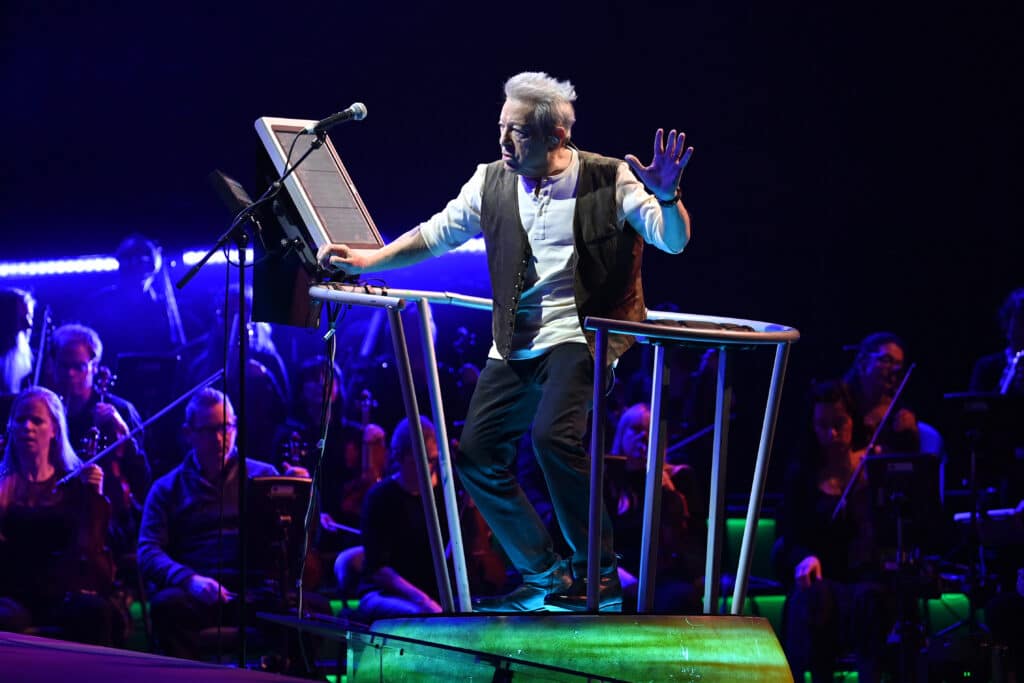
Photo by Dave J Hogan/Getty Images
At this stage, Wayne had a clear vision of what he intended this project to be, but he needed collaborators. Given the theatrical element of the record (it’s not often a piece of music comes with a script, after all), what he truly needed was a star.
“If you want to talk about the rub of the green, attaching Richard Burton was just pure luck,” Wayne says. “We produced what wasn’t a very long list of actors we admired, and from this very short list, Richard was at the very top because his voice was pure magic.”
“Right after making our list, we had some friends come over for dinner and they’d just returned from New York, and they mentioned casually that they’d just seen Richard Burton on Broadway. That gave me the idea of how I could approach him without going to managers or agents. So, I wrote to the stage door of the theatre in New York, hoping that my little care package – that consisted of a letter of me introducing myself and what I did, along with our first draft of the script – hoping that the man who was in charge of the stage door would actually hand it to Richard.”
“Three or four days after it would’ve arrived, I received a call from his personal manager in New York. He introduced himself and he said, ‘Richard has received your package, and he loves the idea’ and the exact words after that were ‘count him in, dear boy’. I’ll never forget those words. It was a game-changer for me and the production.”
The next step for Wayne was recording the track. While that primarily took place in London, it also meant booking a trip to California to work with the Hollywood star.
“Richard was soon to leave New York and go to California to start a new movie, so the end result was that our production team and I travelled there to wait for him to be available. We had a top studio on hold, and in our contract with Richard we had a full five-day week to record in. He also had a bit of a reputation, you know, with marriages and drink, but the guy that arrived in the studio was the most charming, well-prepared actor who was so easy to work with. We had five days to record, but he showed up and he did it all in one day.”
With Burton on board as the narrator, offering his indelible vocal talent to the track, Justin Hayward of the Moody Blues also featured on the album opener. It’s easy to see how the track has reached such a status and has garnered such a following across the years. Though for Wayne it’s still a joy, and a surprise, when he encounters fans – especially when they’re rather successful themselves.
“It amazes me. I had that some years ago with Michael Sheen, which led to working with him on an audiobook,” he recounted. “He was being interviewed by an American journal and was asked about his favourite albums and he raved about The War Of The Worlds. He kindly agreed to play the journalist in a five-hour rendition of a musical drama we worked on. We even had Taron Egerton involved.”
All of this recognition for his work, and for this track, still overwhelms Wayne. He went in with modest expectations and has constantly been taken aback by how far this record has travelled.
“I had no idea it would even make the charts for one week,” he said. “I remember being interviewed before it was released and being asked where I thought it was going to go, and I remember saying that if I had one ask, it would be to see the album in the UK charts for one week, and that I would then die a happy guy. It would mean it had sold enough in one week to make the charts and I wouldn’t have let everybody down, from my family to the musicians and guest artists, because they put in their time and their professional attention. But it was in the UK album charts for 330 consecutive weeks,” he smiles. “I was proud of what came out of me.”






